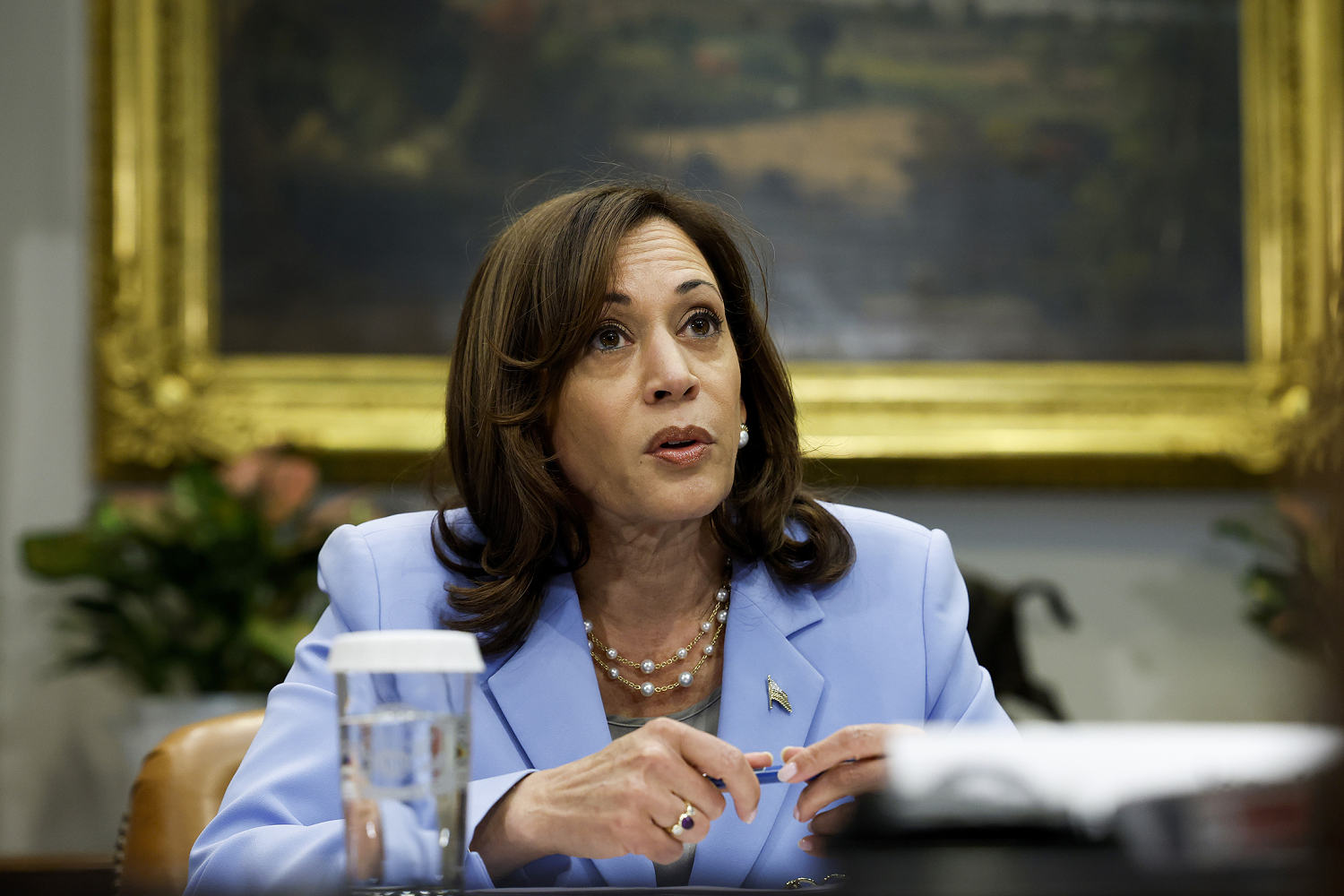WASHINGTON — A Kamala Harris presidency could have far-reaching consequences for the U.S. health care system, from abortion rights to insurance coverage to drug pricing, according to policy experts and former advisers to the vice president.
For starters, Harris is expected to focus heavily on protecting abortion access , an issue she has been fluent at using against Donald Trump and the Republican Party. “She will attack them repeatedly and mercilessly on reproductive rights,” said Drew Altman, the president and CEO of KFF, a nonpartisan research group. “I think it’s been a winning card for her so far, and I would expect to see her dial that up tremendously.

” Andy Slavitt, a top health care official in the Barack Obama and joe Biden administrations who has informally advised Harris, said she has an advantage on abortion, an issue that resonates with voters . “It’s awkward for President Biden to talk about it,” Slavitt said. “But I think she knows how to talk about it in ways that people relate to.
” As vice president, Harris's goal has been to advance and promote Biden’s agenda. But if she secures the Democratic presidential nomination — as she's currently favored to — Harris would be free to cast her own vision to remake the health care system. And her record and 2020 presidential campaign provide some clues about how she would govern.
Her campaign didn't respond to a request for comment as the Harris campaign is in its early stages. But her record.



















